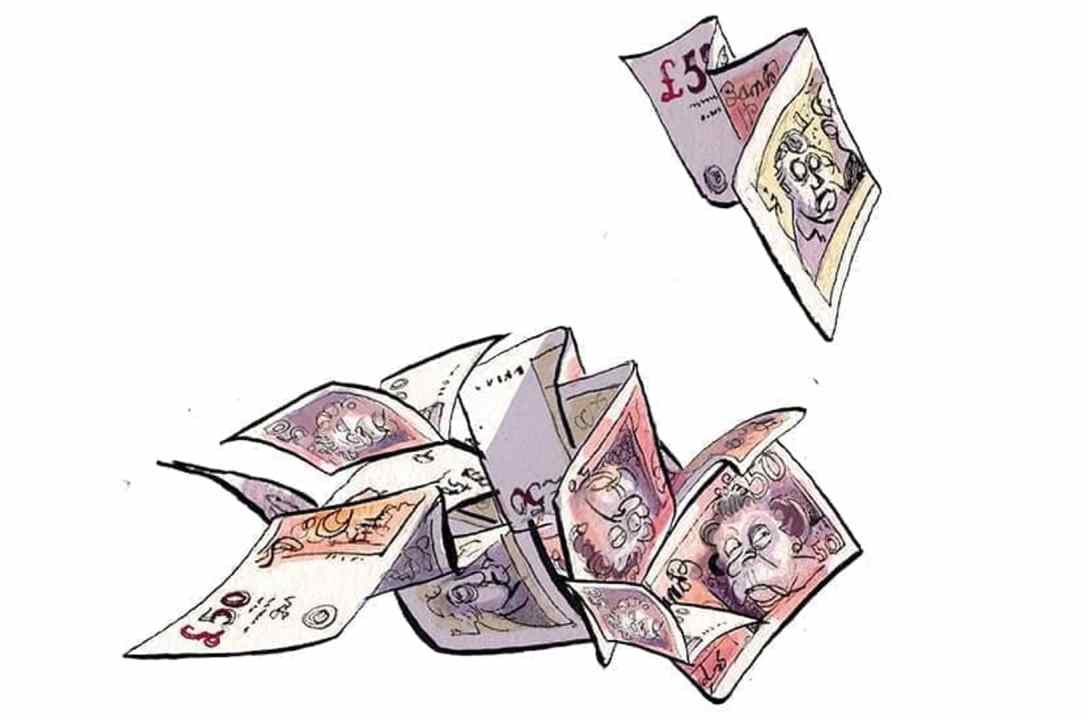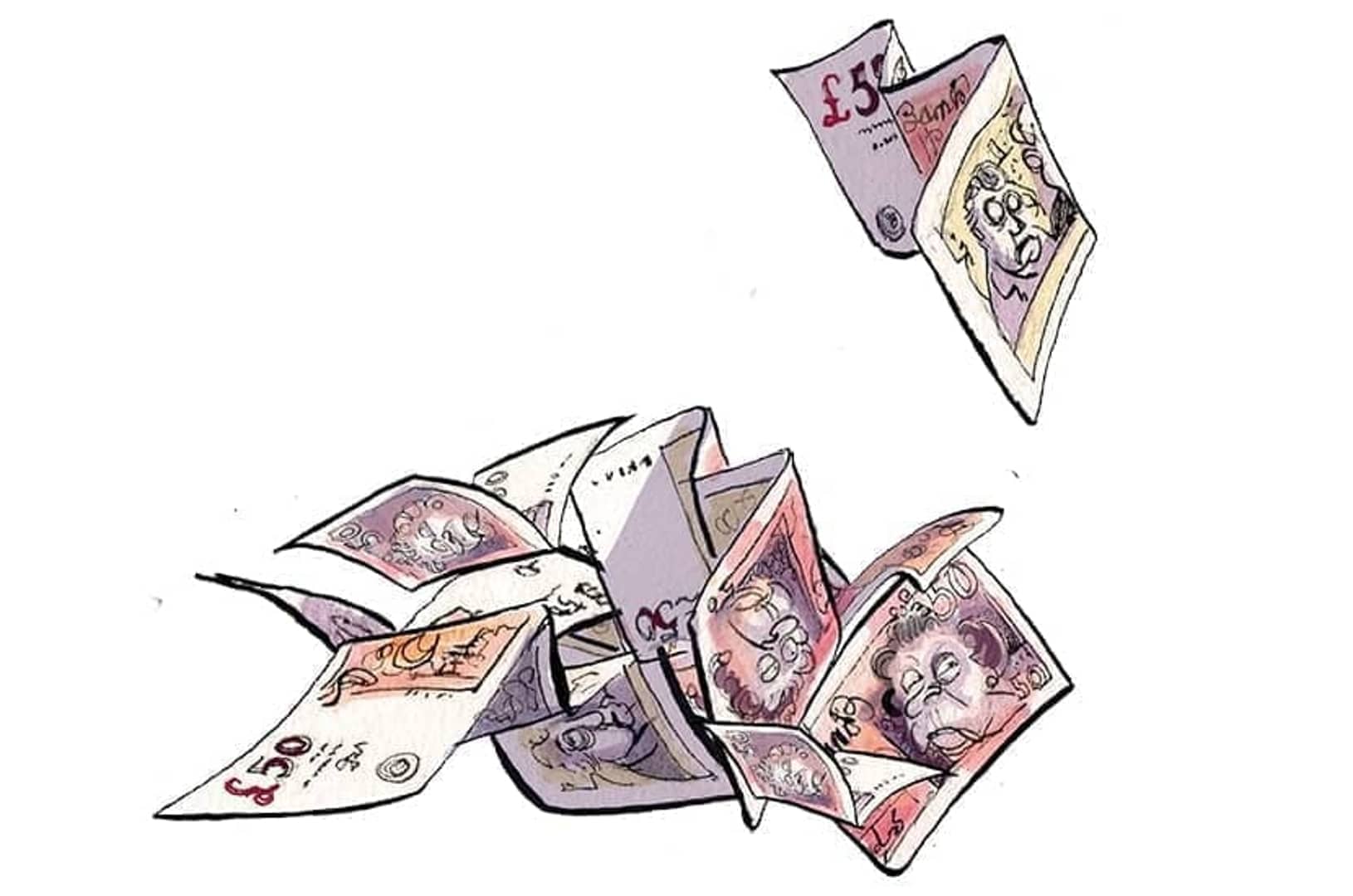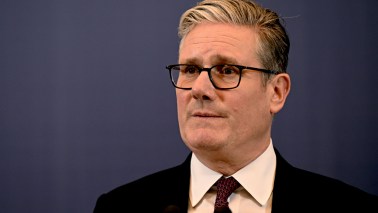This morning’s retail sales update isn’t pretty. Sales volumes fell by 1.4 per cent last month, following a 0.5 per cent drop in February (revised, and worse, than the original estimate of 0.3 per cent). The biggest fall came in non-store retail shopping: almost an 8 per cent month-on-month fall. However, the Office for National Statistics points out that overall sales volumes are still roughly 20 per cent higher now than they were pre-pandemic.
But the recent drop indicates that the cost-of-living crisis is already worsening, as inflation – now at 7 per cent – is taking its toll on real incomes and is already prompting changes in consumer behaviour. As Capital Economics notes today, the 9.9 per cent month-on-month increase in fuel prices in March – ‘the biggest monthly rise on record’ – explains the 3.8 per cent month-on-month fall in fuel sales volumes.
But whatever energy crunch the UK is experiencing from Russia’s war against Ukraine, assume the economic pain is hitting harder and faster in countries more dependent on Russian gas. As I say in today’s Telegraph, the united front presented by the West once Putin’s troops crossed the border into Ukraine is starting to show some cracks, as the economic repercussions disproportionately take their toll on western economies.
It was always understood that the West’s economic sanctions and reduced use of Russian energy would hit countries unequally: the impact on the UK, which imports roughly 3 per cent of its gas from Russia, would be very different, for example, to the impact on Germany, which before the war imported more than 55 per cent.
But as the UK reels from higher energy prices, Germany’s figures are going through the roof: this week the country’s producer price inflation rose to more than 30 per cent. Raw energy costs are reported to be up nearly 85 per cent. Meanwhile German energy bills are 40 per cent higher than they were last year – a figure that is only expected to rise further.
Pressure is growing on Germany – especially from Poland and the Baltic states – to completely cut off Russian energy imports. But German economists warn that such embargos would trigger a full-blown recession for the country. The situation is intensifying: German President Frank-Walter Steinmeier was disinvited from his planned trip to Ukraine while the country’s President, Volodymyr Zelensky, accused those still buying Russian oil of ‘earning their money in other people’s blood’.
All this suggests that if the West is to buckle on its united commitment to supporting Ukraine, it is likely to be under the economic pressures that are building over domestic cost-of-living crunches. And there is likely to be a lot more pressure to withstand before economic burdens ease.








Comments